Greetings, I have reached the end of the Blogging Challenge Part 4 and it has been a long road full of reflections, sad and comic anecdotes, many positive thoughts above all, this is an important writing exercise and I thank its creators and the community for striving to create this challenge. Today I say goodbye until next season with a small compilation of Venezuelan words and their meaning, I hope these are not lost in translation and can be read well in both languages.
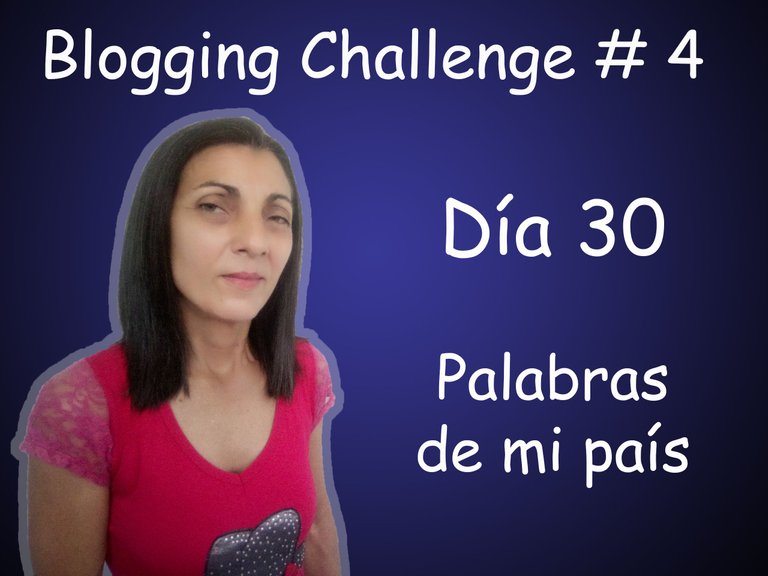
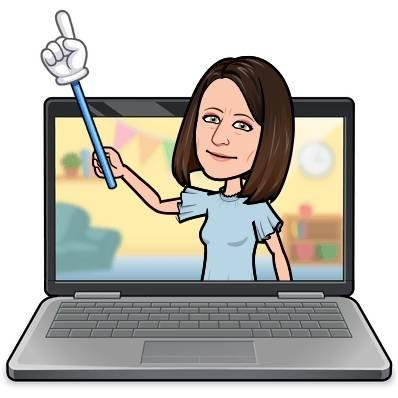
Imagen creada en Bitmoji
Amuñuñao: esta palabra se utiliza para decir cuando muchas cosas estas juntas, encima unas de otras.
Bomba: se le dice bomba a una información que no ha sido revelada o a un chisme.
Coroto: objetos domésticos, el origen de esta palaba se dice que fue gracias a que un presidente venezolano colacionada cuadros de un artista de apellido Corot, entonces siempre les encomendaba a los sirvientes que tuvieran mucho cuidado con los Corot, desde ese entonces la palaba coroto se utiliza para decir que son los objetos de las casas, aunque eso es una anécdota de conocimiento popular.
Envilado: despistado, enamorado, que pasa la noche en vela pensando en el amor.
Furruco: es un instrumento musical similar a un tambor que tiene una vara que los atraviesa en el cuero y produce vibración y sonido, es un instrumento tradicional.
Gaita: es un género musical tradicional, que no tiene nada que ver con el instrumento musical del mismo nombre.
Jurungos: se dice jurungo a los espantos o fantasmas.
Limpio: se le dice limpio a la persona que no tiene dinero.
Manguangua: se dice cuando se obtienen las cosas muy facilmente
Marusa: esta es la palabra que usaban las personas en el campo para decir una bolsa de plástico o cualquier material que sirviera para llevar cosas dentro.
Cotiza: también se le llama chancletas o cholas, es el calzado tipo pantufla de goma que se usa para andar en la casa.
Tripón: así se le llama a los niños, alunas veces se les puede decir también carajito, chavalo, o chamo.
Rascado o Rascada: persona que se encuentra en estado etílico.
Zaperoco: tumulto o grupo de persona que se encuentra de manera desordenada creando confusión.
Amuñuñao: this word is used to say when many things are together, on top of each other.
Bomba: bomb is called a piece of information that has not been disclosed or a piece of gossip.
Coroto: domestic objects, the origin of this word is said to have been thanks to the fact that a Venezuelan president collated paintings by an artist with the last name Corot, then he always entrusted the servants to be very careful with the Corot, since then the word coroto it is used to say that they are the objects of the houses, although that is an anecdote of popular knowledge.
Envilado: clueless, in love, who spends the night awake thinking about love.
Furruco: it is a musical instrument similar to a drum that has a rod that passes through the leather and produces vibration and sound, it is a traditional instrument.
Gaita: it is a traditional musical genre, which has nothing to do with the musical instrument of the same name.
Jurungos: jurungo is said to the ghosts or ghosts.
Limpio: the person who has no money is called clean.
Manguangua: it is said when things are obtained very easily
Marusa: this is the word that people used in the field to say a plastic bag or any material that could be used to carry things inside.
Cotiza: it is also called flip flops or cholas, it is the rubber slippers that are used to walk around the house.
Tripón: that's how children are called, sometimes they can also be called carajito.
Rascado: person who is in an alcoholic state.
Zaperoco: tumult or group of person who is in a disorderly way creating confusion.
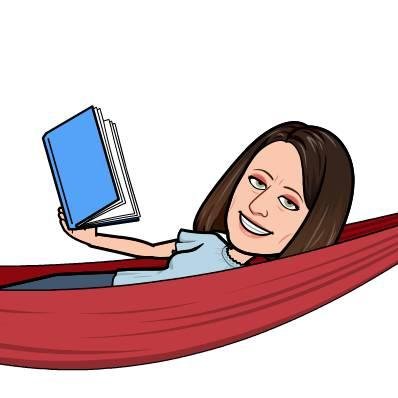
Imagen creada en Bitmoji
Si quieren participar en este maravilloso reto, les comparto los días y los invito a unirse a la comunidad de Blogging Challenge:
If you want to participate in this wonderful challenge, I share the days with you and invite you to join the Blogging Challenge community:
¡Muchas gracias por leer! / Thanks so much for reading!
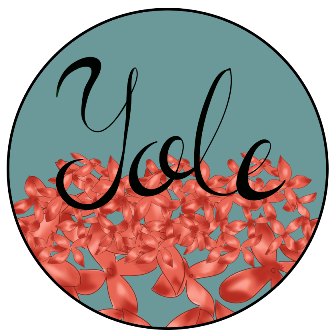
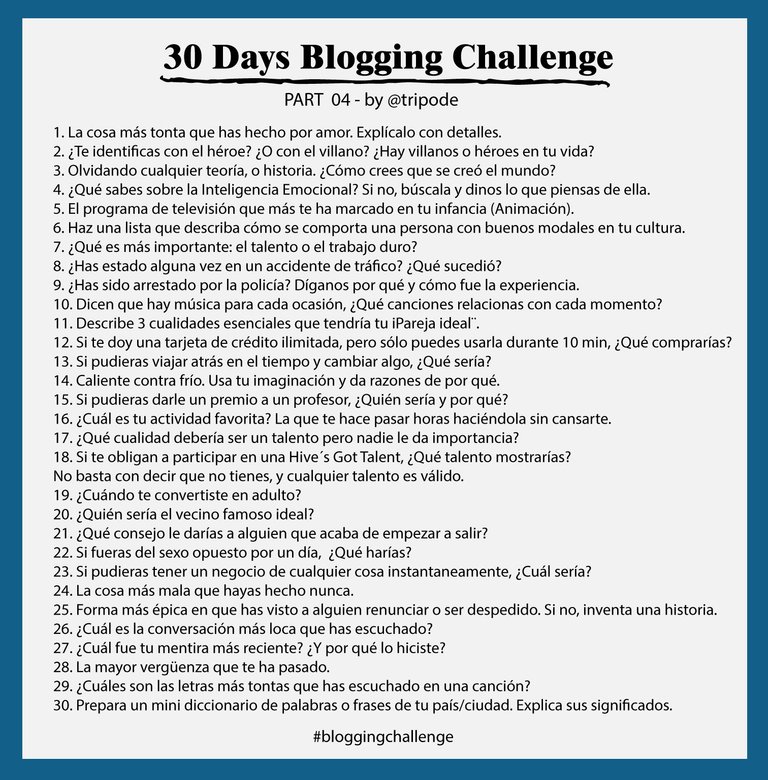
Excelente palabras en nuestro lenguaje coloquial, felicitaciones por llegar a la pregunta 30. Bendiciones.
Es una meta mas cumplida y estoy muy feliz por eso, gracias por siempre estar allí pendiente de mis publicaciones, agradezco mucho tu apoyo
Thank you